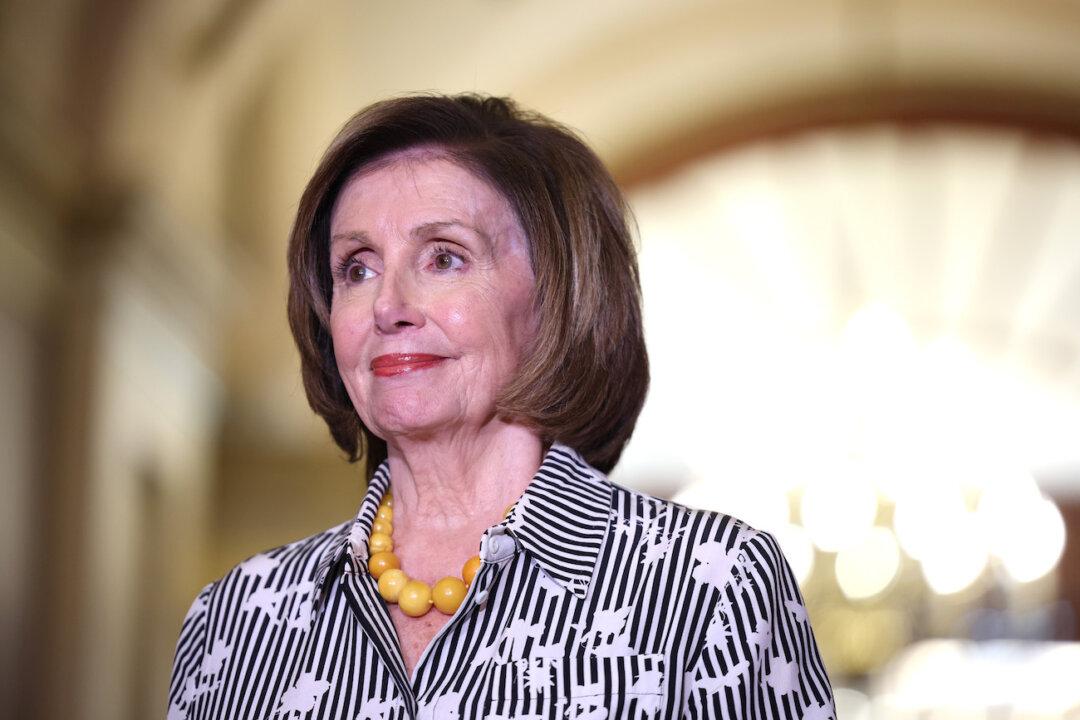House Speaker Nancy Pelosi (D-Calif.) on Monday introduced a resolution that seeks to create a “Select Committee” to look into the Jan. 6 breach of the U.S. Capitol building.
“Sadly, as of last week, there remains no prospect for additional votes from Republican senators to create the National Commission to Investigate the January 6th Attack on the United States Capitol Complex,” Pelosi said in a statement.




